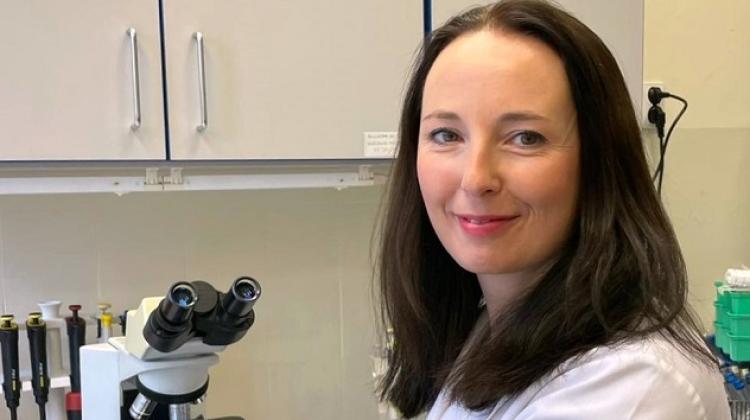When a knot is not enough to remember...

You\'re forgetting about scheduled phone call, you don’t take your medicine on time, sandwich you’ve made for work is still in your fridge instead of your bag? If you find yourself in such situations and the proverbial knot to remember is not enough, you can use simple methods that support prospective memory.
"Prospective memory allows us to carry out various plans in the future. When I remember that I’ve scheduled to talk with someone at 2 PM, I use the prospective memory" - told PAP Dr. Krystian Barzykowski of the Laboratory for Applied Memory Research of the Institute of Psychology at the Jagiellonian University.
Older people may find it difficult to perform scheduled tasks, and even younger people sometimes forget about scheduled telephone conversations. This is why it is worth to use the methods that help our prospective memory. How can we effectively help our prospective memory - this is the subject of research of scientists from the Laboratory for Applied Memory Research, headed by Prof. Agnieszka Niedźwieńska from the Institute of Psychology at the Jagiellonian University.
"It is always best to try not to put off performing tasks until later. This, however, is not always possible. Knowing that we forget things, we can minimize the risk of forgetting. One way is to use the regularity and repeatability of our way of life" - explained Dr. Krystian Barzykowski.
He suggested to associate the planned task with normal activity operation at particular time of day, or with a particular event. "When I’m scheduling a phone call for 2 PM, I might not put it in the calendar, but I imagine what I will do at that time, what the circumstances will be. Combining the knowledge that I will be at home, at my desk, I try to combine these two facts, saying to myself: when I’m at my desk after lunch, I should make the call. Or: take my medicine right after morning coffee" - said Dr. Barzykowski.
An effective "reminder" will also be combining planned activities, for example checking blood pressure, with some specific event. "You can say to yourself: I must measure blood pressure immediately after taking a shower. This way you associate the intention to perform the task with the event, which will certainly take place. It increases the chance that you will not forget about this compared to, for example, saying: I must measure blood pressure at 8:30" - explained Dr. Barzykowski.
Also useful are various kinds of clues that - in order to be effective - must be well chosen. Prof. Agnieszka Niedźwieńska in her book "Prospective memory. Origins, mechanisms and deficits" notes that the clues should attract attention at the time when we should perform the task. "When you hang a piece of paper among other identical notes, you probably won’t notice it. Instead, you should place a distinctive note in a visible place that is associated with your intention. For example on the bag you take to work" - the researcher explained.
In the study, researchers from Applied Memory Research Lab also showed that compared with young people, older people better remember about a task, if it is formulated by another person in the form of a request. "This probably creates a form of social commitment. If I ask my grandfather to perform a particular action at particular time, he should also more effectively remember to perform it" - described Dr. Barzykowski.
According to the psychologist, prospective memory is a bit different from other types of memory, because it is not focused on the past, but of the future. "Unfortunately, it has only been studied for two decades. Because of this, although scientists know more and more about it, there is little research on training designed to improve the prospective memory of healthy older people. But I am convinced that in the near future, this gap in our knowledge will be filled to some extent" - noted Dr. Barzykowski.
Research conducted at the Laboratory for Applied Memory Research of the Institute of Psychology, Jagiellonian University, is one of the research projects described in Projektor Jagielloński 2, available at: www.projektor.uj.edu.pl
PAP - Science and Scholarship in Poland
ekr/ ula/ agt/ mrt/
tr. RL
Przed dodaniem komentarza prosimy o zapoznanie z Regulaminem forum serwisu Nauka w Polsce.


















